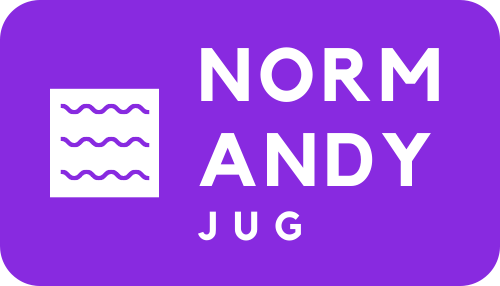You might be surprised to know that bath salts are more than just a luxury item. In fact, bath salts have become an increasingly popular alternative for healing skin disorders as well as other body aches. More importantly, bath salts help relieve stress and promote a relaxed feeling. Bath salts can do this through the relaxing bathwater and through aromatherapy. Here, we’ll explore the healing powers of bath salts and how bath salts can help you live a better life.
Dead Sea Salts effectively heal many skin problems, from psoriasis and eczema to very dry or oily skin. Most of the bath salts on the market contain various types of oils, most of which are fragrance-free. Salts such as lavender, chamomile, rosemary, and lemon can soothe inflammation, pain, and itching. Furthermore, these oils effectively treat a wide range of body aches, including those related to muscles, joints, and tendons.
However, bath salts are also known for curing more serious skin ailments such as acne. The oils found in bath salts may penetrate the skin and work similarly to natural oils, providing relief from the itchy, red patches of skin caused by breakouts. Moreover, bath salts may be effective against the common cold and flu, as some of the ingredients, such as eucalyptus oil, are germicidal, antifungal, and antiviral.
Of course, bath salts do not have to be bath water-based. Many people enjoy using them in other types of water, especially hot tubs and mineral spring water. However, sea water has been shown to have healing benefits for the skin, as it contains high levels of sodium and chloride, which work as counter-balances to excess sebum production. Sea water has also been found to have high amounts of magnesium, zinc, iron, and calcium, which work in synergy to support skin cell health.
Many manufacturers of bath salts incorporate these additional ingredients to improve the efficacy of their product. Common ingredients include zinc oxide, magnesium sulfate, or Epsom salt. Zinc oxide is often used in conjunction with essential fatty acids to help fight inflammation. Magnesium sulfate is often included as an antiseptic to prevent bacterial growth in irritated areas.
Epsom salts have also been found to be very effective in the treatment of dermatitis and eczema. These baths salts are very similar to volcanic rock salt, and work very well in the treatment of rashes and other dermatitis-related problems. Eczema also responds well to the use of bath salts, because they naturally increase moisture in the skin. Many eczema sufferers find that they can eliminate their problem within a week or two by using the bath salts on a regular basis.
Dead sea salt is another excellent healing agent. Many people believe that dead sea salt has healing properties due to the fact that it contains high levels of sulfuric acid, which is similar to the sulfur found in lemon. It is believed that this acid helps stimulate blood flow to the skin, which is why it is so commonly used as a healing agent. However, while it can be very effective in treating some skin issues, there is no evidence that it can be used to heal psoriasis. In addition, a study showed that topical applications of dead sea salt increased the risk of tooth decay by 28%.
If you want to use bath salts for the purpose of healing your skin, then make sure to purchase those that contain natural minerals, and do not use more than a tablespoon a day. If you use too much, it will dry out your skin and leave it feeling tight and uncomfortable. Also, keep in mind that you should only use these bath salts as a treatment once or twice a week. You should not use them every day.
